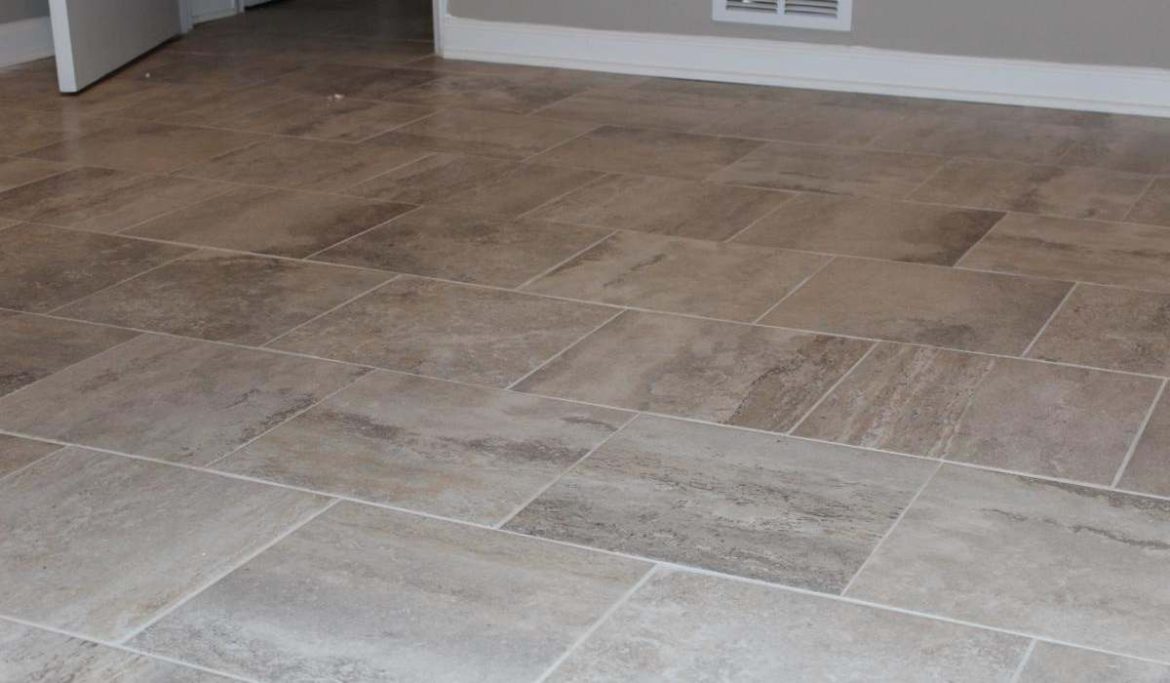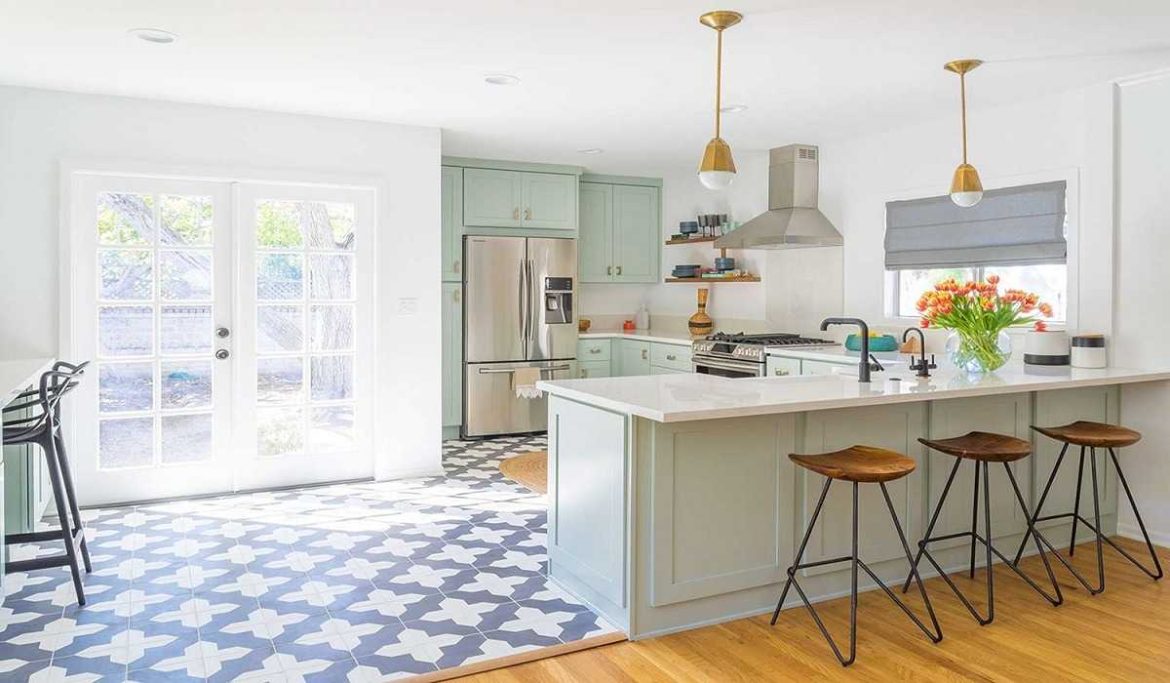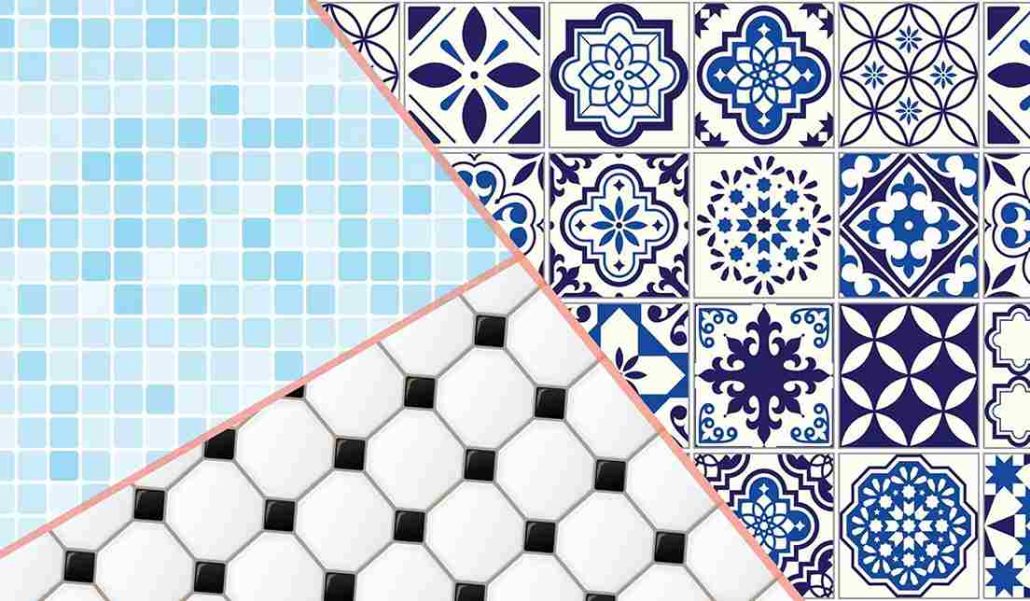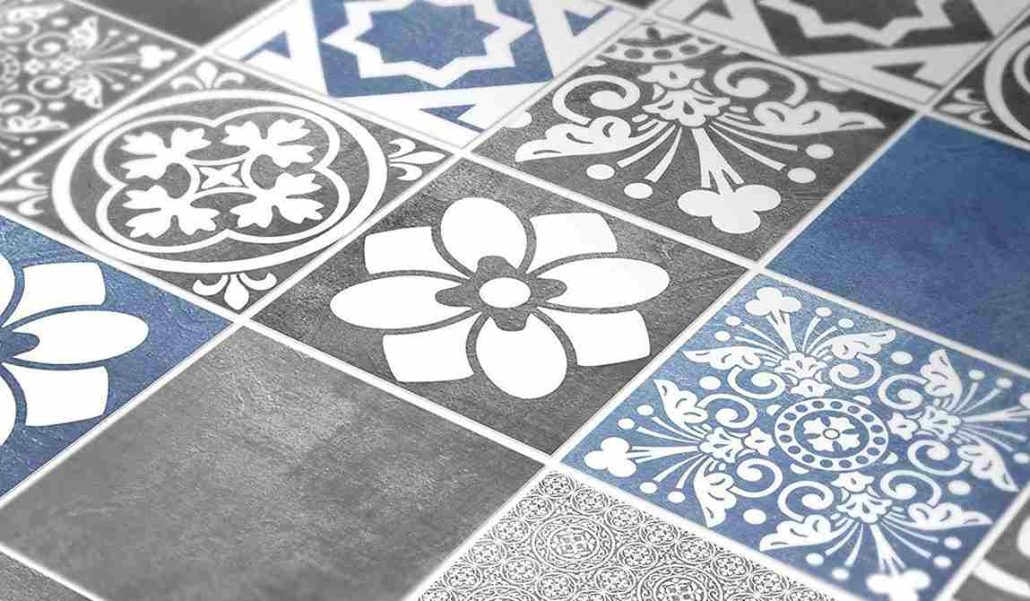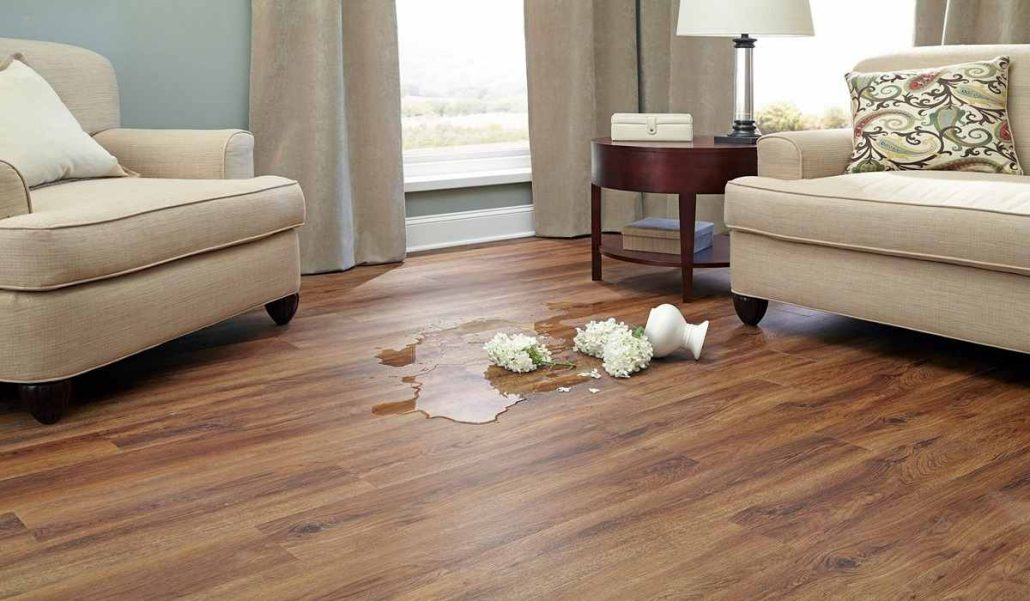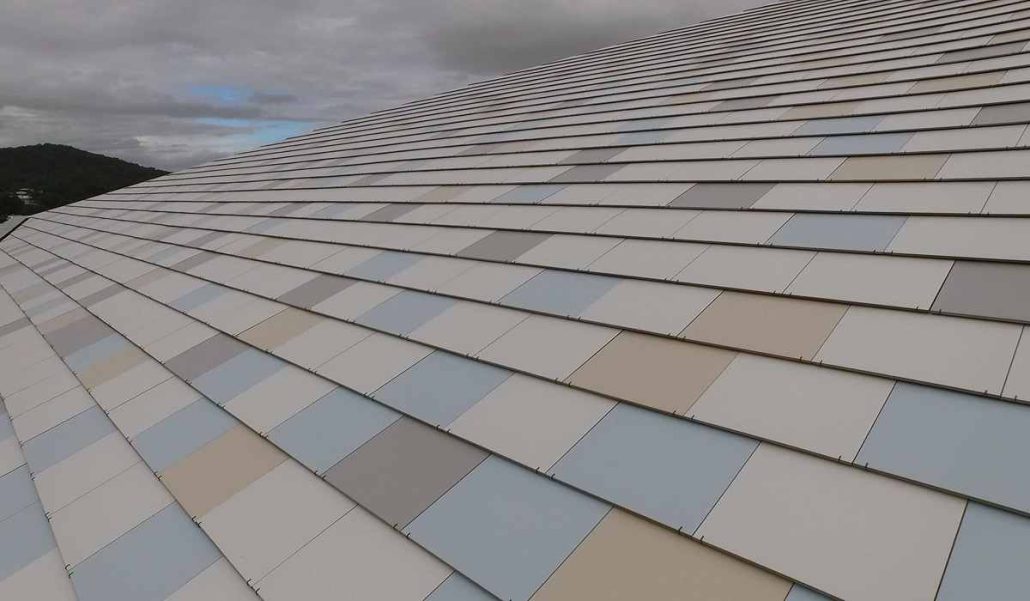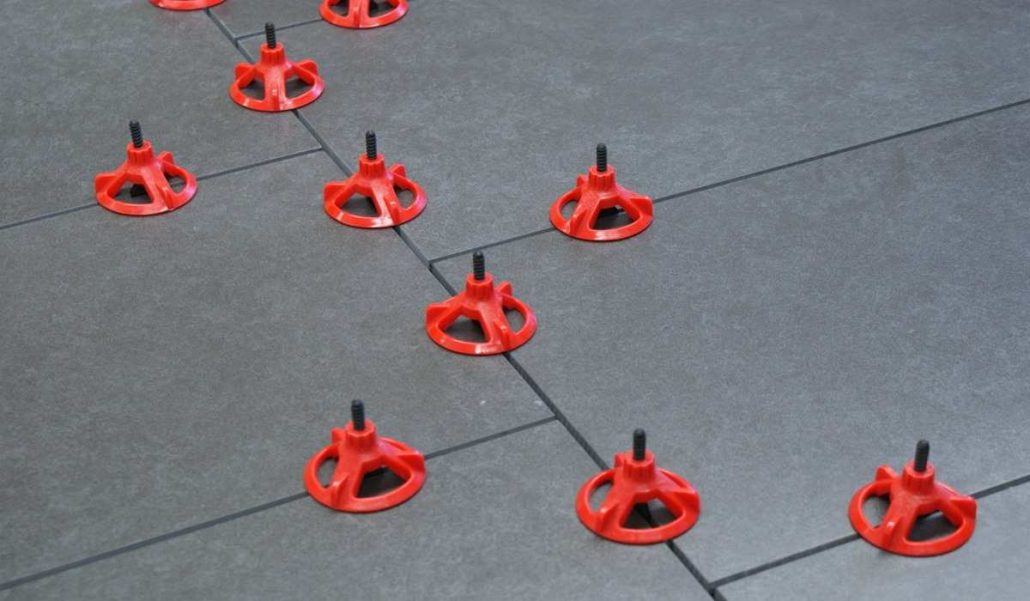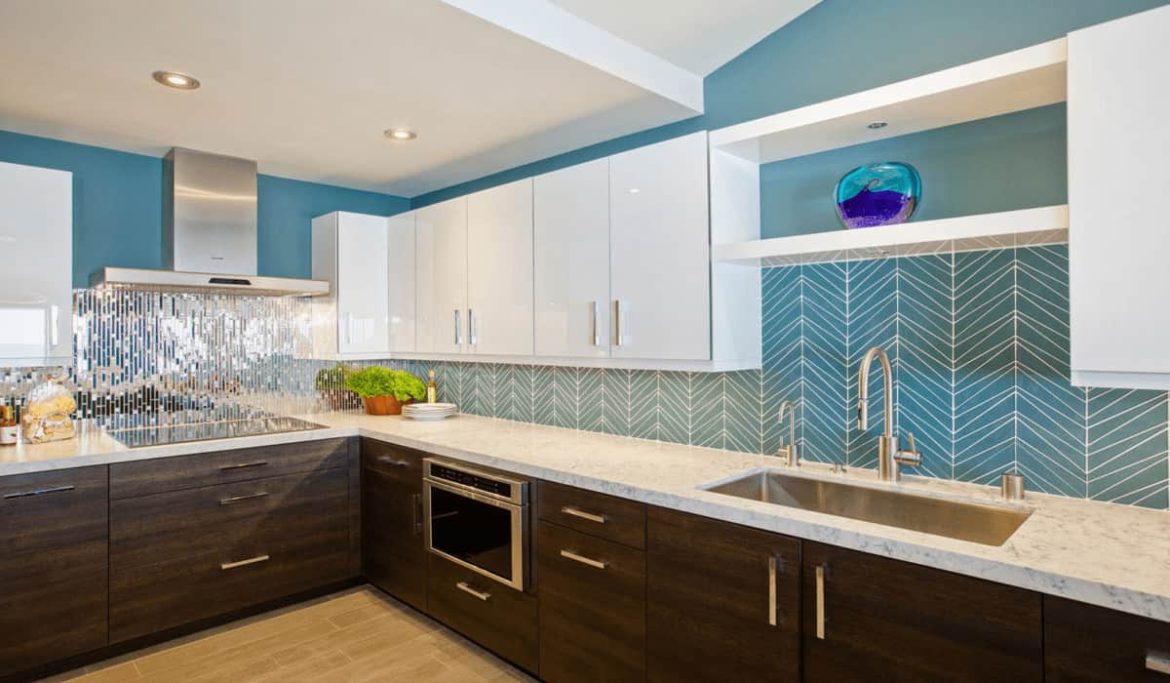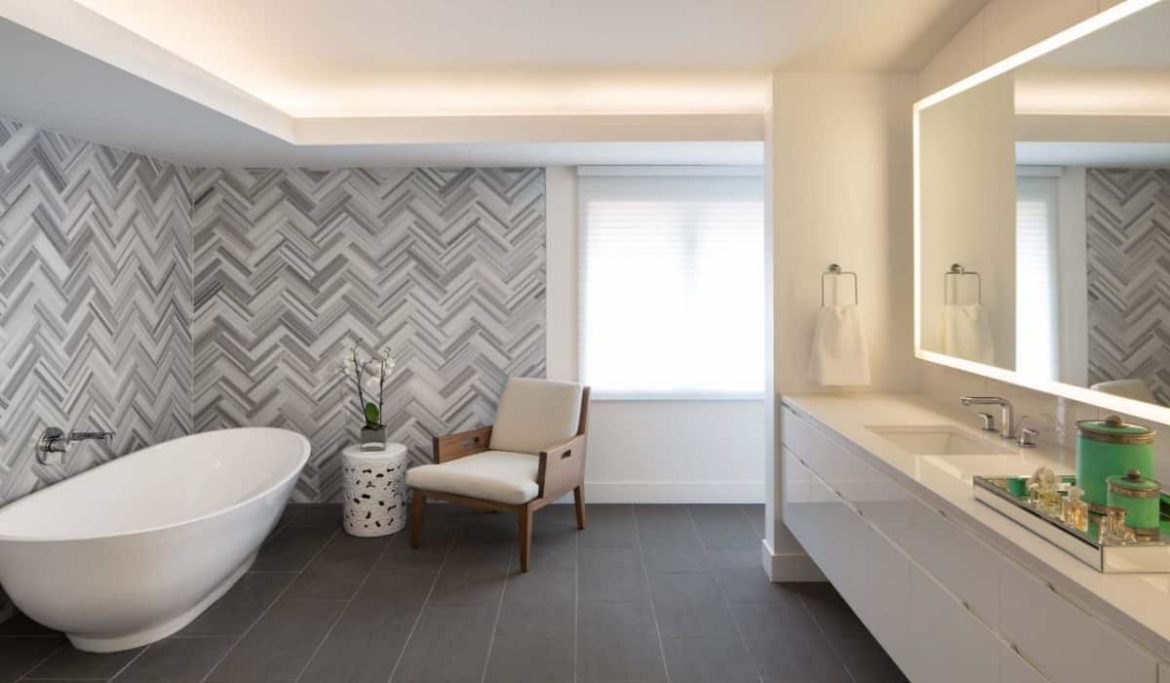Buy and the Price of All Kinds of Stain Resistant Tiles
The most stain resistant tiles are those that have a glazed finish, such as ceramic or glazed porcelain tiles
Other types of tiles include stone and glass tiles
Floor tiles that are resistant to stains are ideal for use in a variety of settings, including kitchens, bathrooms, laundry rooms, splashes, and other areas that are prone to the accumulation of dirt and grime
By using a sealer, unglazed tiles such as natural stone, deck tiles, and entrance tiles will become resistant to the accumulation of stains
Tiles are vital in locations where there is a high possibility of spills and stains, as well as water, due to the simplicity with which they can be cleaned, the fact that they are waterproof, and the fact that they do not slip, and their longevity
Two of the most popular room additions are bathrooms and kitchens
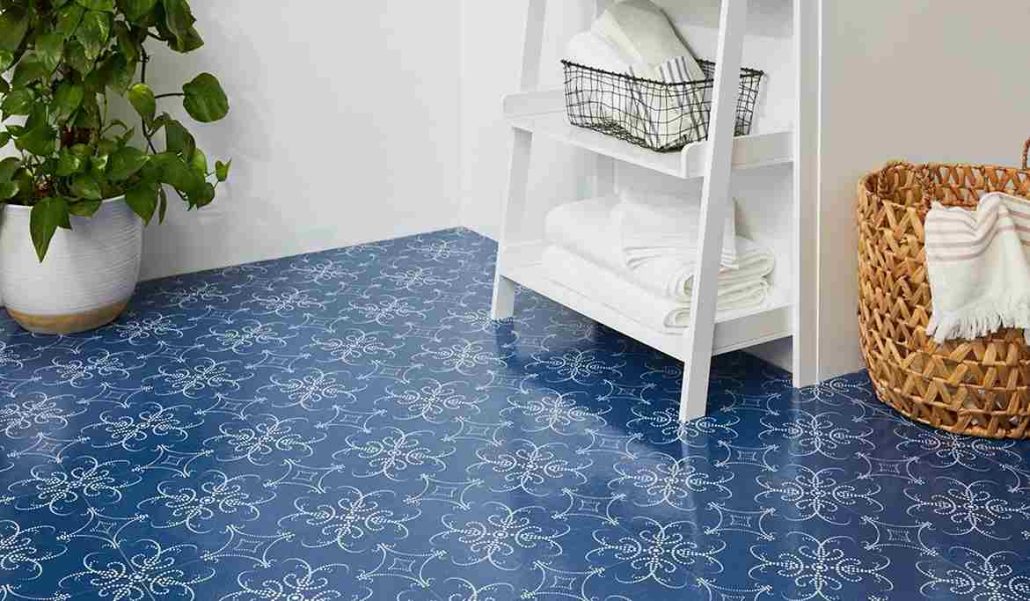
This location makes use of the vast majority of the tiles available for both the floor and the walls
Tiles are an excellent alternative for flooring since they are more durable and attractive than other options such as wood, carpet, and cement
In spite of the fact that we frequently believe that any form of tile may be utilized in either the kitchen or the bathroom, there are in fact a few key distinctions between the two types of rooms
The kitchen is frequently the area in the house that is the busiest
Because of this, it is wise to choose floor tiles that are able to endure the weight of foot traffic
Select tiles for the backsplash that are resistant to stains and are easy to clean and maintain
There are two aspects that must be prioritized while tiling the floor in a bathroom
These tiles need to have a high level of slip resistance and resistance to water
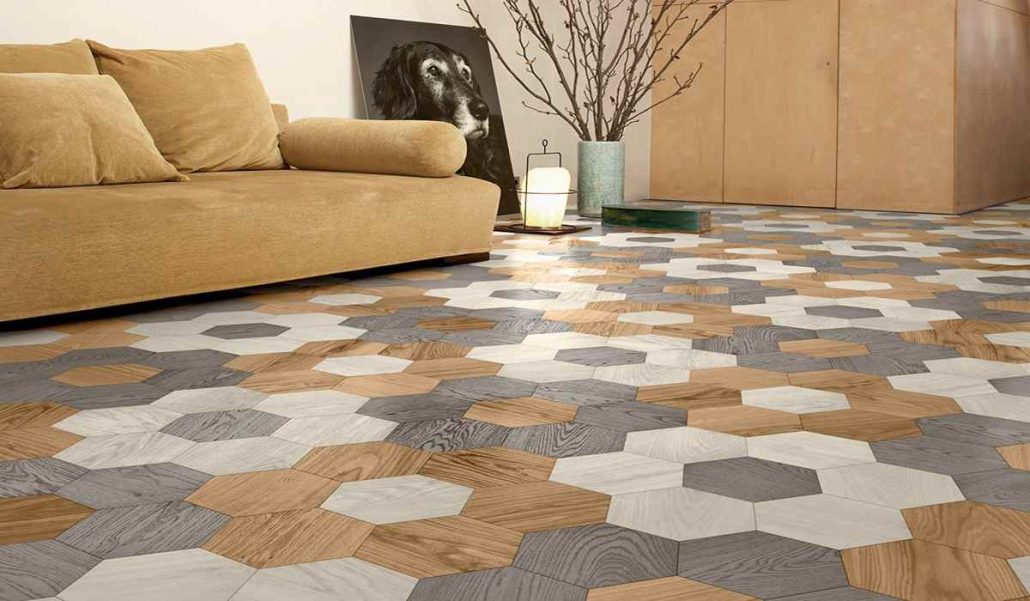
You should select tiles that will keep people safe and protect the foundation of the house because the bathroom is one of the rooms in the house that experiences the highest levels of humidity
Walls have a lower significance when it comes to the slip coefficient, however, water absorption is quite important
Therefore, give careful consideration to the porosity as well as the water absorption
There is a large range of tiles suitable for use in bathrooms, but not all of them are resistant to water
One of the most important factors to take into account is the inability of bathroom tiles to retain water and behave like a slippery surface
The many different kinds of tiles that may be used in bathrooms are listed here
To make porcelain tiles, clay is combined with other ingredients, compacted, and then subjected to a high-temperature firing
These tiles have lower permeability and a higher density
These tiles are not easily damaged by fire, have a long lifespan, wick away moisture, are resistant to liquids and stains, require little care, and can be repaired
They are also available in a variety of colors, shapes, sizes, and materials to choose from
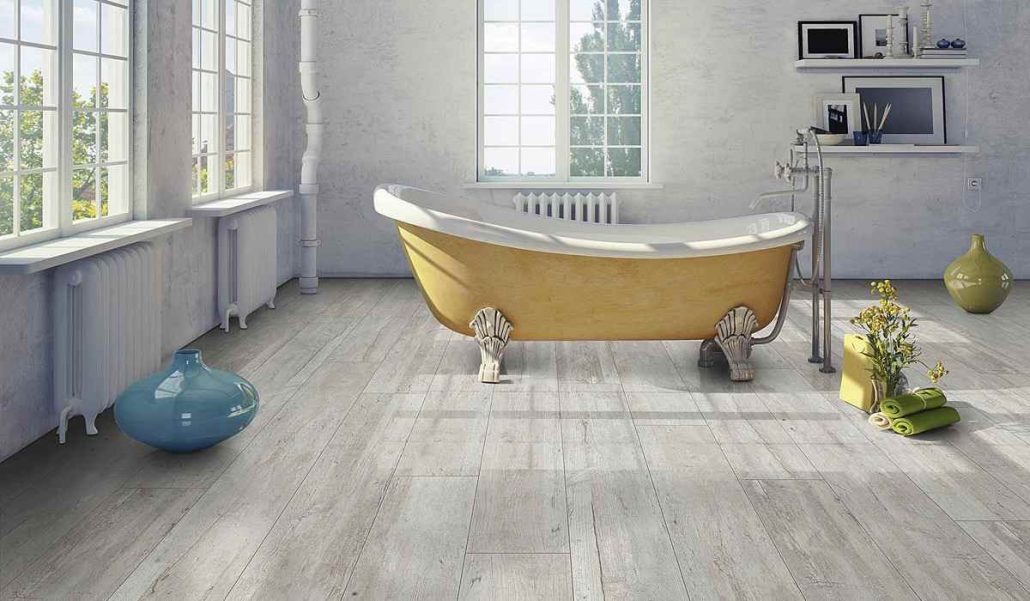
Ceramic tiles should be used to cover the interior walls as well as the floors
These tiles are exceptionally versatile and may be employed in a wide variety of environments as a result of their resistance to both water and mud
These tiles are resistant to water and allergens, endure a long time, and are easy to maintain
Additionally, the design options for these tiles are virtually endless
Natural stone has been used for floors and walls for an exceptionally long period due to the fact that it is both beautiful and resilient
Whether it is on the walls or the floor, it gives your bathroom a look that is attractive, polished, and stylish, no matter where it is
Because it is not water resistant, you will need a membrane that is waterproof and can withstand the dampness that is present in your bathroom
Glass is a popular choice since it is both transparent and aesthetically pleasing
These tiles will help your bathroom look even more appealing than it already does
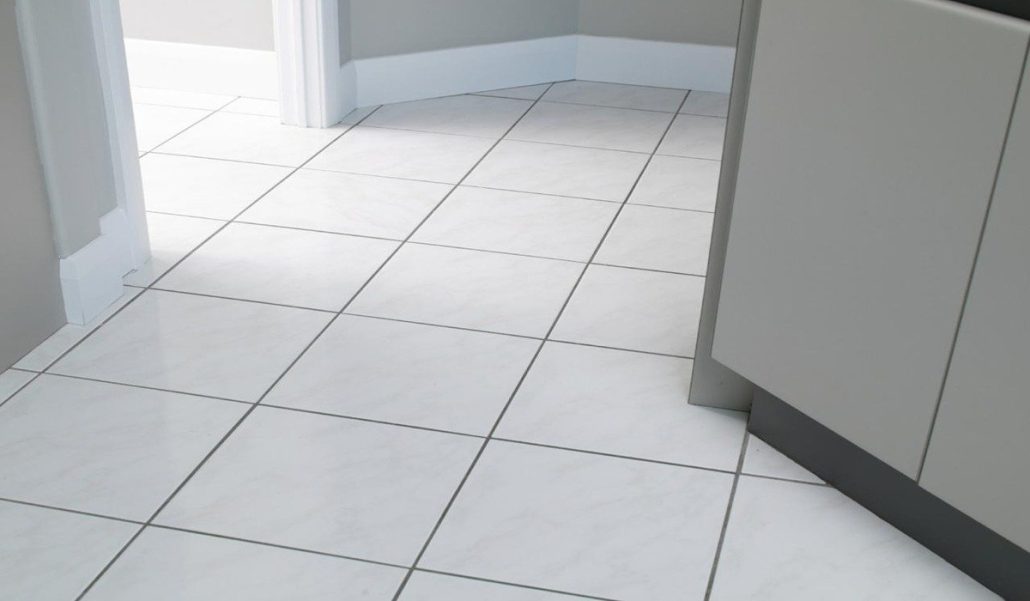
Tiles made of glass are versatile, easy to mold, and may be given a unique appearance by applying a coating over them
There is a choice between a number of different hues
These tiles are frequently used in mosaic patterns or as decorative accents on the walls of bathrooms
These tiles are waterproof and resistant to mud and grime
These tiles are great for walls and other areas that see less foot traffic
Granite is a hard and durable natural stone that may be used in construction
Available in a plethora of colors and surface textures to choose from
These tiles are easy to clean and maintain in good condition
In addition to this, it is possible to seal it so that it is completely impermeable and resistant to scratching
In addition to its use as flooring, the bathroom tile in question is an excellent choice for use on walls, tub surrounds, counters, vanities, and other areas
